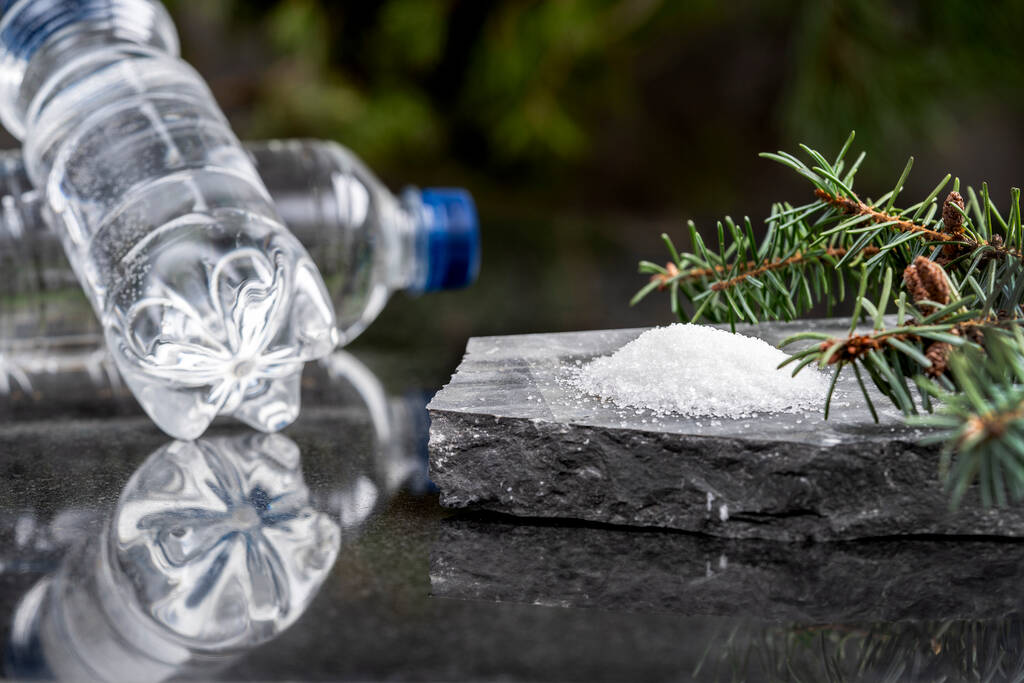Happy 1st of May! This month, I will attend the ICIS World Surfactants Conference in Jersey City (4-5 May) and the Renewable Materials Conference in Siegburg/Cologne (23-25 May), so I hope to gather new information and of course, do some networking and interviews.
The information I want to share on this post is an interesting announcement from California-based biotech firm Visolis (also co-owner of LCY Biotechnology – remember succinic acid?). Visolis has recently partnered with Ginkgo Bioworks to reportedly improve its microbial strain for the production of bio-isoprene and SAF production.
According to Visolis, “achieving bio-based isoprene production at scale is one of the most challenging biochemical synthesis processes due to the inherent properties of the molecule, including its combustibility, volatility and reactivity.” The company reportedly developed a pathway using a stable intermediate to produce isoprene more efficiently and reliably via a two-step process. The companies will further optimise this production process.
It has been a while since I heard updates on bio-isoprene – a key monomer for synthetic rubber production. Isoprene can also be used as an intermediate in SAF production. Let us say keeping tabs on bio-isoprene is like monitoring activities on bio-isobutene and farnesene. The last time I wrote about isoprene (on Tecnon OrbiChem’s Bio-Materials report) was last year when LanzaTech announced its joint development agreement with Sumitomo Riko Company for the production of isoprene using feedstock from recycling rubber, resins and urethane waste. Not much information on this project was also disclosed. The companies did mention their projected value for the global isoprene market at around $4bn by 2025.
Meanwhile, I am quite intrigued by this new company called Citroniq Chemicals, and I have been looking for more information about them. The company announced in January this year an LOI with Mitsui Plastics for a long-term supply of bio-based polypropylene (PP), while last month, Citroniq signed another LOI with engineering firm Lummus Technology for the development of bio-PP projects in North America. These projects will combine Citroniq’s E2O process and Lummus’ Verdene™ technology that uses bio-ethanol feedstock.
Citroniq and Lummus are looking to build their first ethanol-derived PP plant somewhere in the Midwest (although Citroniq mentioned Kansas on their website), which is scheduled to start production in 2026. The website also mentioned a projected capacity number of 450 ktpa, which is quite incredible for a bio-PP plant that is yet to prove its cost-efficiency. As far as I know, there are no commercial ethanol-derived PP plant out there yet, and we can only compare Braskem’s ethanol-based I’m Green™ PE plant in Brazil, which currently has around 260 ktpa capacity. According to Citroniq’s website, the 450 ktpa capacity is 20x that of current global green PP production, but I am assuming that this production is mostly mass balanced derived.
The blog posted in January that Braskem announced its plans to build its own ethanol-based PP plant in the USA. I also listed in this post the ethanol capacity in the country based on state-producing regions. Kansas, by the way, has about 14 installed ethanol biorefineries with a total capacity of 602 mgpy. Last month, I also posted about Gevo’s ethanol-based propylene partnership with LG Chem.
Guess what chemical I will be profiling for the month of June on my Bio-Materials report?




